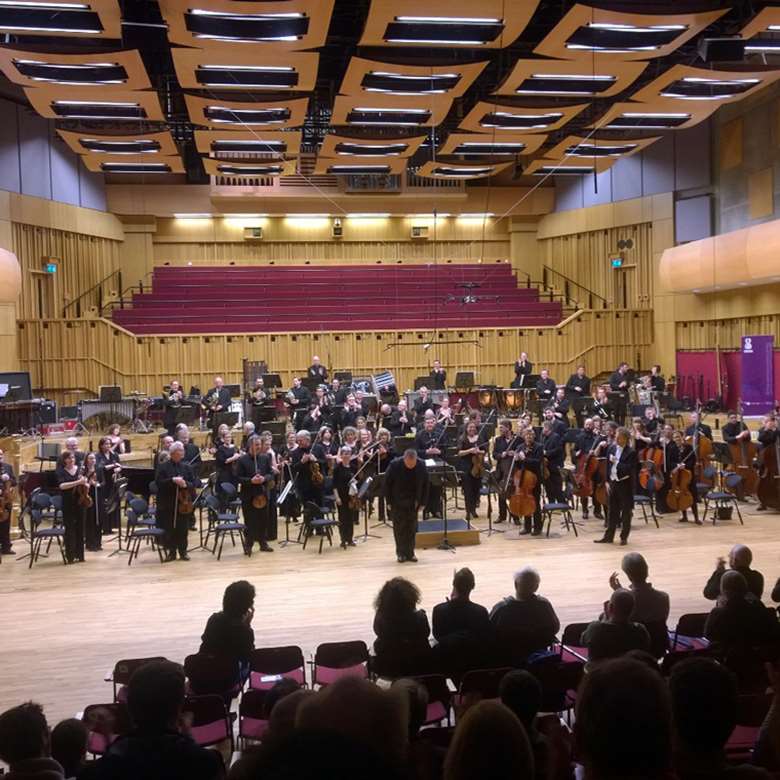Andersson and the BBC NOW redefine the composer/orchestra relationship
Andrew Mellor
Friday, April 24, 2015
Resident-composer relationships are evolving quickly, and the BBC National Orchestra of Wales is feeling the benefits

Register now to continue reading
Thanks for exploring the Gramophone website. Sign up for a free account today to enjoy the following benefits:
- Free access to 3 subscriber-only articles per month
- Unlimited access to our news, podcasts and awards pages
- Free weekly email newsletter







